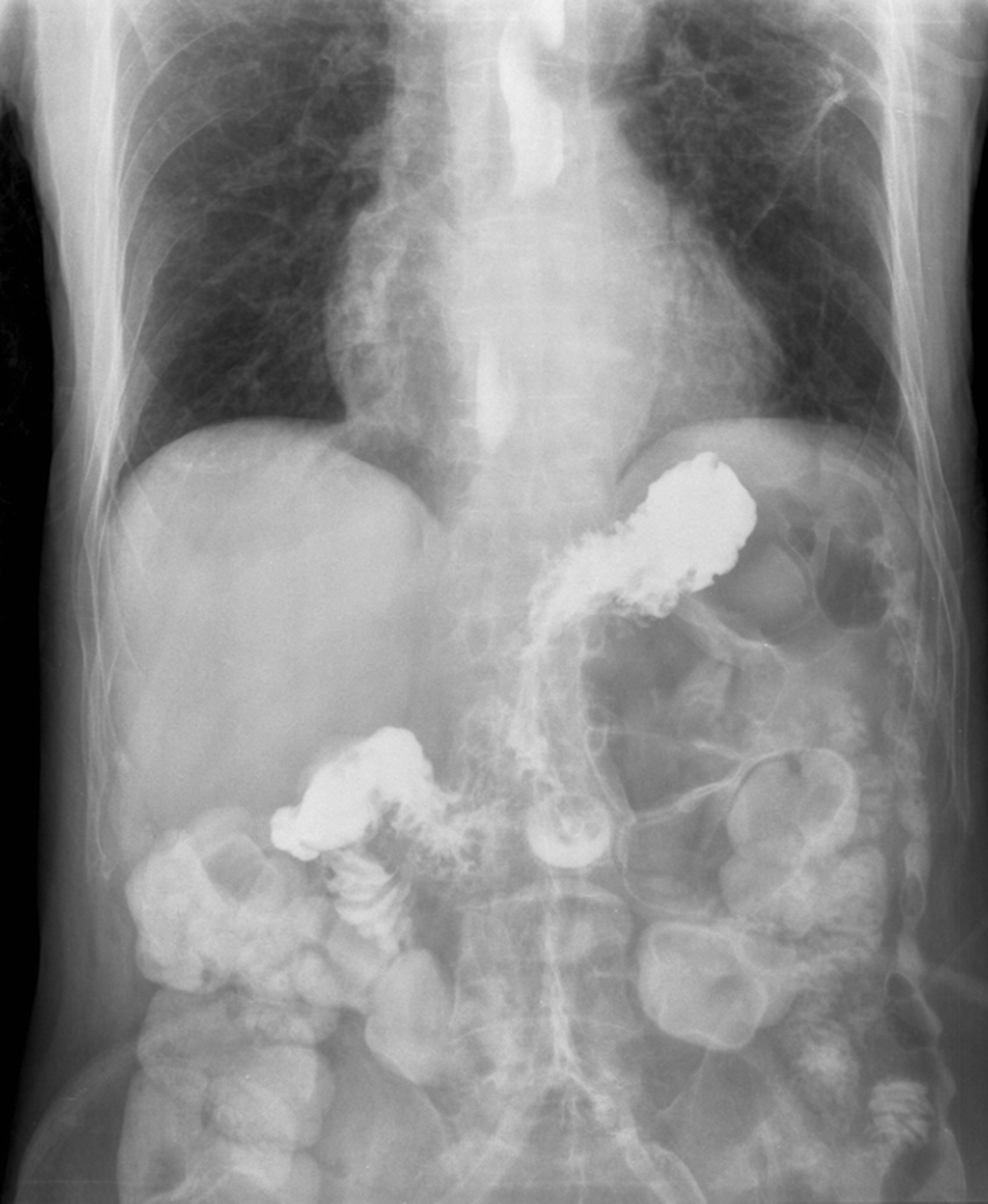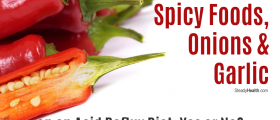
Thebasics of gastric reflux
Acidreflux disease, also goes by the names of the gastroesophageal refluxdisorder (GERD), acid reflux, or gastric reflux. In this condition,the affected person suffers from various levels of damage to themucous walls of the esophagus, which is caused by abnormal reflux ofstomach content into the esophagus. This is caused by irregularitiesin function of the lower esophageal sphincter. This is a circularsmooth muscle that is located at the end of the esophagus, where itis connected to the stomach. Its role is to close the esophagus andprevent passage of stomach content back up, towards the esophagus andthe mouth. If it cannot close the esophagus effectively, acidicstomach content can reflux into the esophagus. Walls of the esophagusare not acid resistant as are walls of the stomach, and the acidburns and injures them. Beside the sphincter weakness, gastric refluxcan be caused by hiatus hernia as well. If the function of the upperesophageal sphincter is also impaired, then it is possible for therefluxed stomach content to reach the throat, which can lead tolaryngopharyngeal reflux disease.
Symptoms
Typicalsymptoms of gastric reflux are heartburn, regurgitation, pain in thechest which is similar to pain felt from a heart attack. Somepeople also experience difficulty in swallowing, a condition knownas dysphagia. Unnatural, too intense salivation and a feeling ofnausea are also common followers of gastroesophageal reflux disease.If untreated, gastric reflux will repeatedly damage the esophagus andthis will frequently lead to a number of other conditions. Theseinclude Barrett’s esophagus inducing metaplasia, a disease wherethe type of the lining of the esophagus changes, or a rare form ofcancer known as esophageal adenocarcinoma, or reflux esophagitis,where the lining of the esophagus dies off (the process of necrosis)and leaves ulcers in the area of the sphincter, or esophagealstrictures, narrowing of the esophageal passage due to inflammation,which makes it hard to drink or swallow bits.
Somesymptoms are not strictly caused by gastric reflux, but might beassociated with this disorder. These include persistent cough andhoarseness of the throat, asthma and wheezing and slow destruction oftooth enamel.
Symptomsin children
Theseinclude frequent vomiting, spitting, excessive crying and breathingcomplications. Some children will display frequent belching orburping, foul breath and unexplained weight-loss.
Diagnosisand treatment
Testsfocused on diagnosis of gastric reflux include specific tests andrevision of the patient's medical history. Treatment is focused onprevention of occurrence of reflux by adopting a healthier lifestyleand altering the diet so that bad eating habits and foods known tocause gastric reflux are avoided.

















Your thoughts on this
Loading...